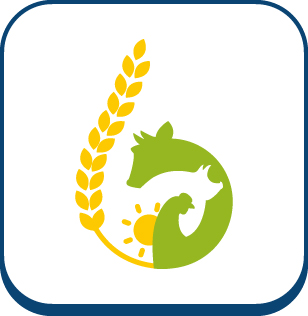Origin and consequence of stillbirth : sows born in 1994 and 1995 monitored in Technical Management of Sow Herds and observations in experimental herds
Ajouter à ma liste
Auteurs :
Le Cozler Y, Dagorn J, Pichodo X, Quinio PY, Pellois H
Stillbirth concerns about 2.5 millions piglets each year in France and costs around about 300 millions FF. Introduction of hyperprolific sows is expected to increase even more the number of stillborn piglets in the coming years.According to analysis of Brittany data performance, 43 % of litters had stillborn piglets. Sows with stillborn piglets in the first fourth parities got 2.8 piglets born alive and 8.8 stillborn more during their life-span. Supervision of parturition was also undertaken in three experimental herds to investigate reasons for stillbirth. Sow’s body weight, individual score time, interval between births, stillborn’s characteristics… were recorded since June 1999 to June 2000. A total of 447 litters, 255 without stillborn piglets, originated from 302 crossbred (Large White x Landrace) sows were used. Stillborn piglets are lighter than alive ones (1.2 vs. 1.4 kg), but neither individual piglet body weight nor variability of piglet body weight within litters was found to influence stillbirth. Reduction of average litter and sow weights increased stillbirth, probably throughout reduction of uterine capacity. Complete supervision of parturition gave the highest number of litters without stillborn (65 %) and the lowest number with 3 or more stillborn. On the contrary, only 46 % of the litters had no stillborn when no supervision was performed. Average length of interval between births was 14 min between alive piglets and 24 min between alive and stillborn piglets.These results indicate that good supervision decreases stillbirth in pigs, but individual piglet body weight has no effect on still birth rate.
Fiche technique
Titre :
Origin and consequence of stillbirth : sows born in 1994 and 1995 monitored in Technical Management of Sow Herds and observations in experimental herds
Date sortie / parution :
2001
Référence :
Journées de la Recherche Porcine (Fra), 2001, Vol.33, p. 299-305







